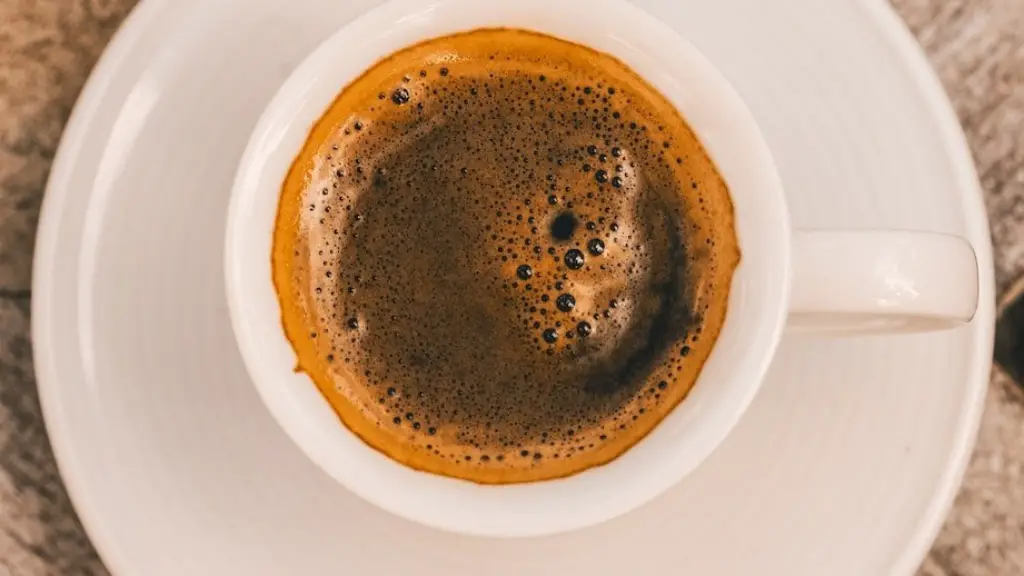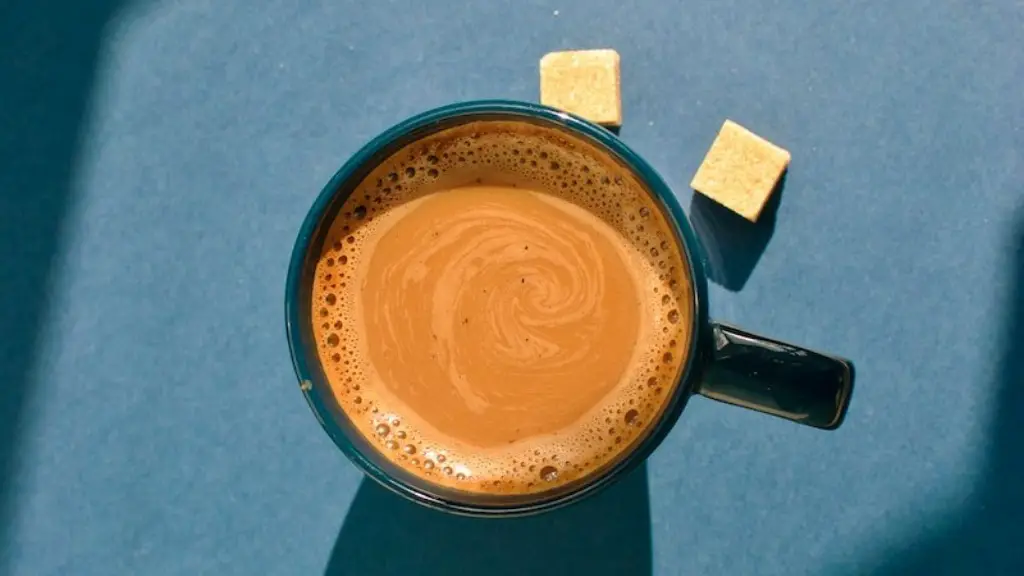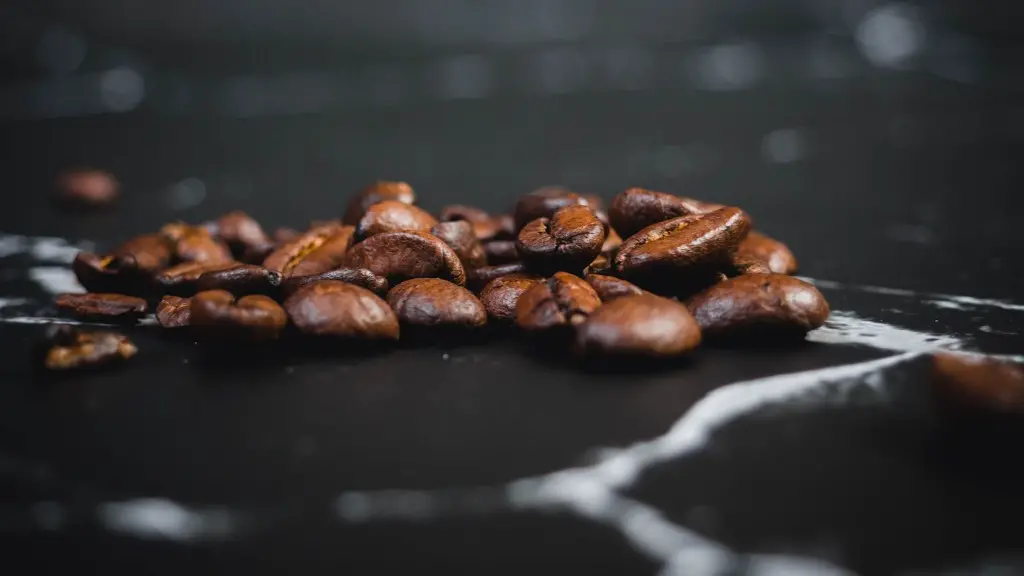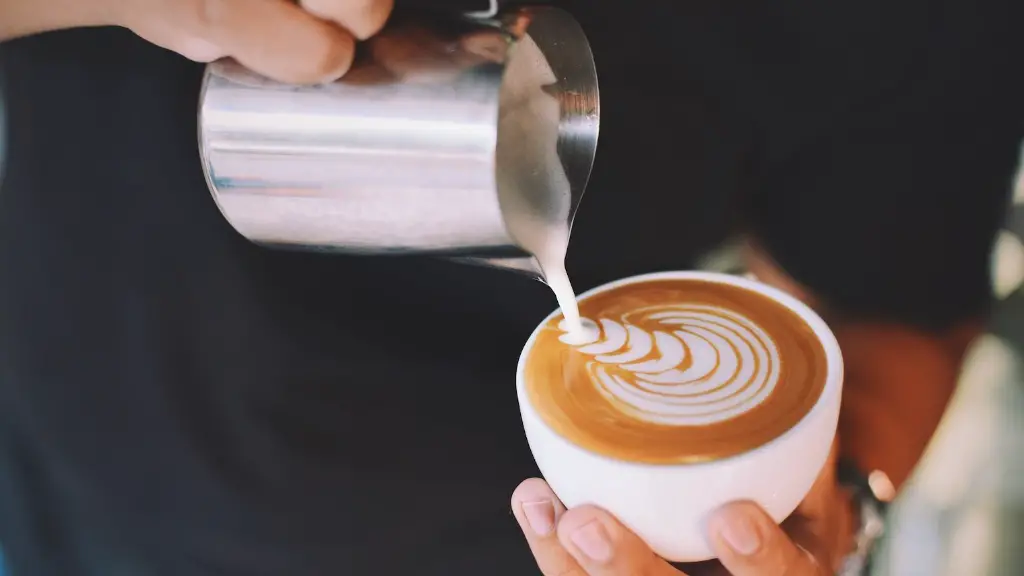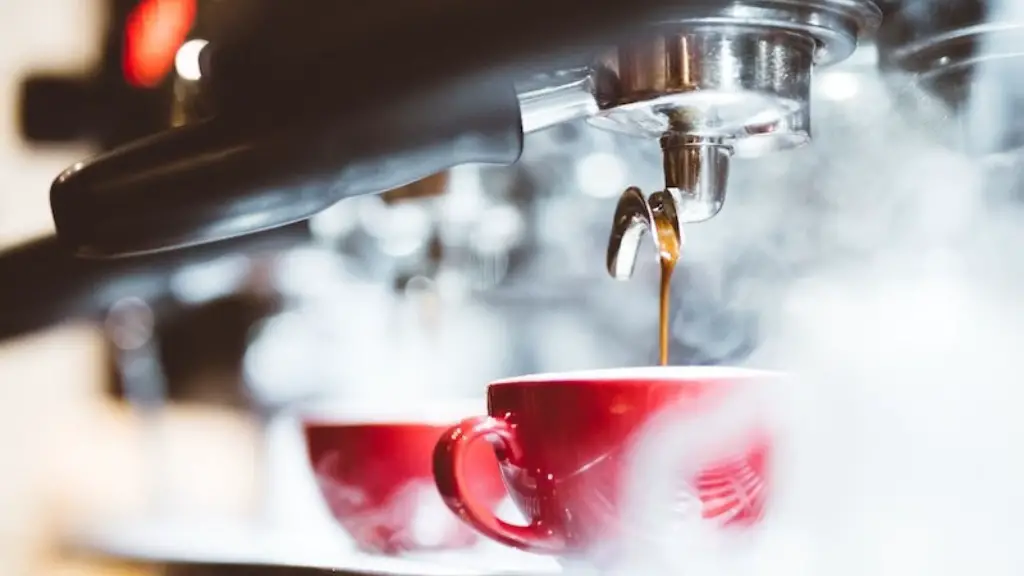Fasting for blood work is a critical part of many medical procedures, including diagnosing and monitoring conditions. However, the question of whether it is okay to drink coffee while fasting for blood work is one that comes up often.
The short answer is that it depends on why you are fasting. Generally speaking, drinking black coffee or tea without sugar or milk should not impact your test results, however it is important to follow your doctor’s instructions.
It’s also important to note that there are certain types of tests in which even black coffee might not be allowed, so it is always best to check with your doctor beforehand. Drinking more than one cup of coffee may also be restricted as it can affect the accuracy of the test result due to its diuretic effect.
Fasting for Blood Work
Fasting is the practice of abstaining from food and drink for a specific period of time. When preparing for a blood test, fasting is typically required in order to accurately measure certain hormones and glucose levels. Generally, this involves not consuming any food or drinks, with the exception of plain water, for 8 hours before the test. Coffee and other caffeinated beverages should be avoided during this time frame as they can interfere with the results. It is important to follow your doctor’s instructions regarding fasting when preparing for a blood test.
How Long Does the Fasting Last?
Fasting for a blood test typically requires you to fast for 8–12 hours beforehand. This means no food or drink, including coffee, during that period of time. After the 8–12 hour fasting period, you can drink water and consume other liquids that do not contain any calories. It is important to note that your doctor may tell you to fast for a longer period of time depending on the type of tests being done. It is important to follow the instructions from your doctor carefully when it comes to fasting.
It is also important to remember that if you are taking medications before your appointment, it may be necessary to continue taking them while fasting. Talk to your doctor or nurse about what medications you can take while fasting for a blood test.
Is Coffee Allowed During Fasting?
Fasting is an important part of many types of medical tests, such as blood tests. Generally, it is required that you fast for at least 8 hours before taking the test. During this period, you should not eat any food or drink anything other than water. This includes coffee. In order to ensure accurate results from your test, it is recommended that you do not consume any type of caffeine while fasting for blood work.
Caffeine can interfere with the results of some tests and can also increase your heart rate and raise your blood pressure. Therefore, it is best to avoid all caffeinated drinks while fasting for a medical test. You should also avoid other beverages such as tea, energy drinks, and soda pop. If you absolutely must have a caffeinated beverage during your fast, make sure to consult with your doctor first and get their approval prior to consuming any caffeine products.
It is important to remember that if you are fasting for a medical test, it is best to stick with plain water or other caffeine-free beverages. Avoiding caffeine will help ensure accurate results from your test and will help keep you healthy overall. Not consuming caffeinated beverages during fasting periods can help keep your body healthy and give you the most accurate results.
Can You Drink Coffee While Fasting for Blood Work?
Fasting is often recommended before certain medical tests, such as a blood test. During a fast, you cannot eat or drink anything except for water. Therefore, it is important to know whether black coffee is allowed during fasting for blood work.
The answer is that it depends on the instructions provided by your doctor or healthcare provider. Generally speaking, black coffee without any added creams or sugars is acceptable to drink while fasting for blood work. It should be noted, however, that drinking coffee may affect your results and may cause them to be inaccurate. Therefore, it is best to follow the instructions provided by your doctor or healthcare professional.
In addition to black coffee, some other beverages may be acceptable while fasting for a blood test. These include unsweetened tea and artificial sweeteners such as Splenda and Equal.
In conclusion, whether you can drink coffee while fasting for a blood test depends on the instructions provided by your doctor or healthcare provider. Generally speaking, black coffee without any added creams or sugars is acceptable; however, drinking coffee may affect the accuracy of your test results. Therefore, it is best to follow the instructions provided by your doctor or healthcare professional and avoid other beverages such as creamers and sweeteners while fasting for a blood test.
Is Decaffeinated Coffee Allowed During Fasting?
When fasting for a blood work test, it is important to follow your doctor’s instructions. Generally speaking, it is not recommended to drink any type of coffee while fasting; however, decaffeinated coffee is an exception. Decaffeinated coffee contains very little caffeine and can be consumed while fasting without having a significant effect on your test results. It is important to note that it is best to avoid all types of sweeteners and creamers when drinking decaf coffee during the fast as these can still affect the results of your blood work. Additionally, it may be helpful to stick with black decaf coffee for best results.
Should You Avoid Certain Types of Food and Drinks While Fasting?
Fasting before blood work is important to ensure accurate test results. Your doctor may require you to fast for 8 to 12 hours prior to a blood test. During this time, it is best to avoid eating and drinking anything other than water. This includes food, drinks, coffee and tea. Even though coffee can be a good source of energy during fasting, you should avoid it as it can affect the accuracy of your blood test results.
Some foods may also interfere with certain tests, including high-fat foods or those with added sugars. It is best to check with your doctor before fasting for any tests to determine what type of foods and drinks you should avoid in order to obtain accurate results. Keep in mind that fasting for too long can also be dangerous, so make sure to follow your doctor’s instructions.
The Bottom Line
Fasting is an important part of preparing for a blood test. Coffee is known to contain caffeine and other substances that can affect metabolism and interfere with the results of a blood test. Therefore, you should not drink coffee while fasting for a blood test. While there are some exceptions, it’s best to err on the side of caution and stay away from any food or beverage that might affect the accuracy of the results. In conclusion, it’s best to avoid drinking coffee while fasting for a blood test.
